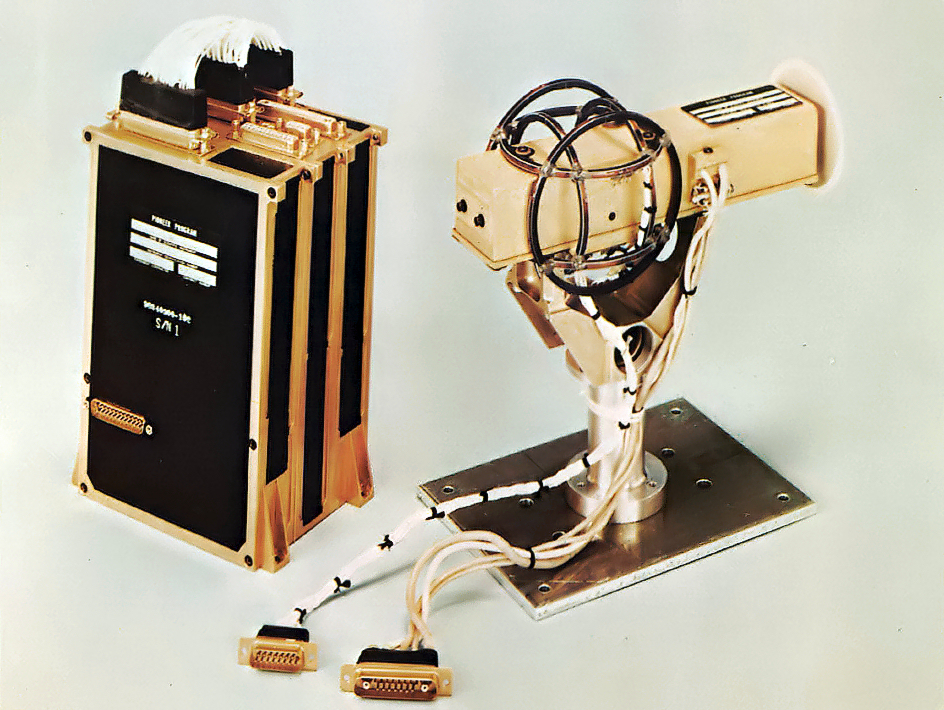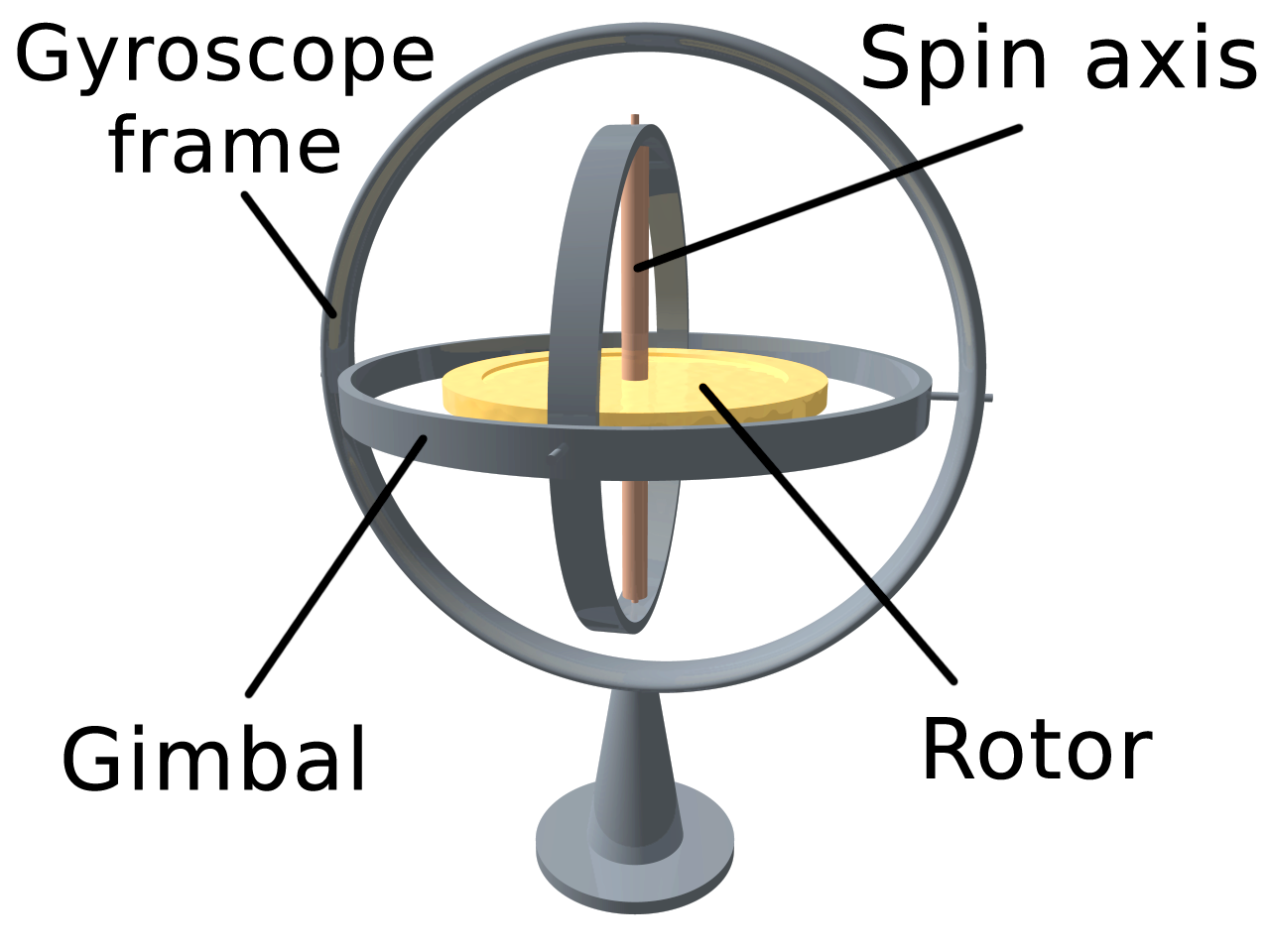|
Samsung Galaxy Fold
The Samsung Galaxy Fold is an Android-based foldable smartphone developed by Samsung Electronics. Unveiled on March 20, 2019, it was released on September 6, 2019 in South Korea. The device is capable of being folded open to expose a 7.3-inch tablet-sized flexible display, while its front contains a smaller "cover" display, intended for accessing the device without opening it. With the announcement of the Galaxy Z Flip, Samsung's foldable phones were made part of the Galaxy Z series. This also retroactively applies to the Galaxy Fold. The Galaxy Fold received mixed pre-release reception, with praise for its innovative design, but criticized the device's durability and longevity, and concluded that the Galaxy Fold was a proof of concept device for early adopters rather than a device suited for the mass market. Due to issues with the device's durability and susceptibility to damage, Samsung announced that it would delay the release of the Galaxy Fold indefinitely while it addre ... [...More Info...] [...Related Items...] OR: [Wikipedia] [Google] [Baidu] |
Samsung Galaxy Z Series
The Samsung Galaxy Z series (named as Samsung Galaxy Foldables in certain territories) is a line of foldable smartphones manufactured by Samsung Electronics. With the 2020 announcement of the Galaxy Z Flip, Samsung's future foldable smartphones will be part of the Galaxy Z series. Phones Samsung Galaxy Fold The Samsung Galaxy Fold was the first phone in the Galaxy Z series, and the only one not marketed under the "Z" brand. It was announced on February 20, 2019 and released on September 6, 2019, in South Korea. A version of the device marketed as the Samsung W20 5G was released on December 12 exclusively for China Telecom, with a faster Snapdragon 855+ processor and a unique white finish. Samsung Galaxy Z Flip The Samsung Galaxy Z Flip and Z Flip 5G were released on 14 February 2020 and 7 August 2020 respectively, and was the first device to be marketed under the "Z" brand. Unlike the Galaxy Fold, the device folds vertically and uses a hybrid glass coating b ... [...More Info...] [...Related Items...] OR: [Wikipedia] [Google] [Baidu] |
Adreno
Adreno is a series of graphics processing unit (GPU) semiconductor intellectual property cores developed by Qualcomm and used in many of their SoCs. History Adreno (an anagram of AMD's graphic card brand ''Radeon''), was originally developed by ATI Technologies and sold to Qualcomm in 2009 for $65M, and was used in their mobile chipset products. Early Adreno models included the Adreno 100 and 110, which had 2D graphics acceleration and limited multimedia capabilities. At the time, 3D graphics on mobile platforms were commonly handled using software-based rendering engines, which limited their performance. With growing demand for more advanced multimedia and 3D graphics capabilities, Qualcomm licensed the Imageon IP from AMD, in order to add hardware-accelerated 3D capabilities to their mobile products. Further collaboration with AMD resulted in the development of the Adreno 200, originally named the AMD Z430, based on the R400 architecture used in the Xenos GPU of the Xbox ... [...More Info...] [...Related Items...] OR: [Wikipedia] [Google] [Baidu] |
9 Aspect Ratio
9 (nine) is the natural number following and preceding . Evolution of the Arabic digit In the Brahmi numerals, beginning, various Indians wrote a digit 9 similar in shape to the modern closing question mark without the bottom dot. The Kshatrapa, Andhra and Gupta started curving the bottom vertical line coming up with a -look-alike. The Nagari continued the bottom stroke to make a circle and enclose the 3-look-alike, in much the same way that the sign @ encircles a lowercase ''a''. As time went on, the enclosing circle became bigger and its line continued beyond the circle downwards, as the 3-look-alike became smaller. Soon, all that was left of the 3-look-alike was a squiggle. The Arabs simply connected that squiggle to the downward stroke at the middle and subsequent European change was purely cosmetic. While the shape of the glyph for the digit 9 has an Ascender (typography), ascender in most modern typefaces, in typefaces with text figures the character usually has a desc ... [...More Info...] [...Related Items...] OR: [Wikipedia] [Google] [Baidu] |
Pixel Density
Pixels per inch (ppi) and pixels per centimetre (ppcm or pixels/cm) are measurements of the pixel density of an electronic image device, such as a computer monitor or television display, or image digitizing device such as a camera or image scanner. Horizontal and vertical density are usually the same, as most devices have square pixels, but differ on devices that have non-square pixels. Note that pixel density is not the same as where the former describes the amount of detail on a physical surface or device, the latter describes the amount of pixel information regardless of its scale. Considered in another way, a pixel has no inherent size or unit (a pixel is actually a sample), but when it is printed, displayed, or scanned, then the pixel has both a physical size (dimension) and a pixel density (ppi). Basic principles Since most digital hardware devices use dots or pixels, the size of the media (in inches) and the number of pixels (or dots) are directly related by the 'pixel ... [...More Info...] [...Related Items...] OR: [Wikipedia] [Google] [Baidu] |
Display Aspect Ratio
The aspect ratio of a display device is the proportional relationship between the width and the height of the display. It is expressed as two numbers separated by a colon (''x'':''y''), where ''x'' corresponds to the width and ''y'' to the height. Common aspect ratios for displays, past and present, include 5:4, 4:3, 16:10 and 16:9. Computer displays As of 2016, most computer monitors use widescreen displays with an aspect ratio of 16:9, although some portable PCs use narrower aspect ratios like 3:2 and 16:10 while some high-end desktop monitors have adopted ultrawide displays. The following table summarises the different aspect ratios that have been used in computer displays: † The resolution doesn't match the aspect ratio exactly, but is commonly marketed or described as such. History 4:3, 5:4 and 16:10 Until about 2003, most computer monitors used an aspect ratio of 4:3, and in some cases 5:4. For cathode ray tubes (CRT)s 4:3 was most common even in resolutions w ... [...More Info...] [...Related Items...] OR: [Wikipedia] [Google] [Baidu] |
AMOLED
AMOLED (active-matrix organic light-emitting diode, ) is a type of OLED display device technology. OLED describes a specific type of thin-film-display technology in which organic compounds form the electroluminescent material, and active matrix refers to the technology behind the addressing of pixels. Since 2007, AMOLED technology has been used in mobile phones, media players, TVs and digital cameras, and it has continued to make progress toward low-power, low-cost, high resolution and large size (for example, 88-inch and 8K resolution) applications. Design An AMOLED display consists of an active matrix of OLED pixels generating light (luminescence) upon electrical activation that have been deposited or integrated onto a thin-film transistor (TFT) array, which functions as a series of switches to control the current flowing to each individual pixel. Typically, this continuous current flow is controlled by at least two TFTs at each pixel (to trigger the luminescence), ... [...More Info...] [...Related Items...] OR: [Wikipedia] [Google] [Baidu] |
Magnetometer
A magnetometer is a device that measures magnetic field or magnetic dipole moment. Different types of magnetometers measure the direction, strength, or relative change of a magnetic field at a particular location. A compass is one such device, one that measures the direction of an ambient magnetic field, in this case, the Earth's magnetic field. Other magnetometers measure the magnetic dipole moment of a magnetic material such as a ferromagnet, for example by recording the effect of this magnetic dipole on the induced current in a coil. The first magnetometer capable of measuring the absolute magnetic intensity at a point in space was invented by Carl Friedrich Gauss in 1833 and notable developments in the 19th century included the Hall effect, which is still widely used. Magnetometers are widely used for measuring the Earth's magnetic field, in geophysical surveys, to detect magnetic anomalies of various types, and to determine the dipole moment of magnetic materials. In an ... [...More Info...] [...Related Items...] OR: [Wikipedia] [Google] [Baidu] |
Proximity Sensor
A proximity sensor is a sensor able to detect the presence of nearby objects without any physical contact. A proximity sensor often emits an electromagnetic field or a beam of electromagnetic radiation (infrared, for instance), and looks for changes in the field or return signal. The object being sensed is often referred to as the proximity sensor's target. Different proximity sensor targets demand different sensors. For example, a capacitive proximity sensor or photoelectric sensor might be suitable for a plastic target; an inductive proximity sensor always requires a metal target. Proximity sensors can have a high reliability and long functional life because of the absence of mechanical parts and lack of physical contact between the sensor and the sensed object. Proximity sensors are also used in machine vibration monitoring to measure the variation in distance between a shaft and its support bearing. This is common in large steam turbines, compressors, and motors ... [...More Info...] [...Related Items...] OR: [Wikipedia] [Google] [Baidu] |
Hall Sensor
In architecture, a hall is a relatively large space enclosed by a roof and walls. In the Iron Age and early Middle Ages in northern Europe, a mead hall was where a lord and his retainers ate and also slept. Later in the Middle Ages, the great hall was the largest room in castles and large houses, and where the servants usually slept. As more complex house plans developed, the hall remained a large room for dancing and large feasts, often still with servants sleeping there. It was usually immediately inside the main door. In modern British houses, an entrance hall next to the front door remains an indispensable feature, even if it is essentially merely a corridor. Today, the (entrance) hall of a house is the space next to the front door or vestibule leading to the rooms directly and/or indirectly. Where the hall inside the front door of a house is elongated, it may be called a passage, corridor (from Spanish ''corredor'' used in El Escorial and 100 years later in Castle Ho ... [...More Info...] [...Related Items...] OR: [Wikipedia] [Google] [Baidu] |
Gyroscope
A gyroscope (from Ancient Greek γῦρος ''gŷros'', "round" and σκοπέω ''skopéō'', "to look") is a device used for measuring or maintaining orientation and angular velocity. It is a spinning wheel or disc in which the axis of rotation (spin axis) is free to assume any orientation by itself. When rotating, the orientation of this axis is unaffected by tilting or rotation of the mounting, according to the conservation of angular momentum. Gyroscopes based on other operating principles also exist, such as the microchip-packaged MEMS gyroscopes found in electronic devices (sometimes called gyrometers), solid-state ring lasers, fibre optic gyroscopes, and the extremely sensitive quantum gyroscope. Applications of gyroscopes include inertial navigation systems, such as in the Hubble Space Telescope, or inside the steel hull of a submerged submarine. Due to their precision, gyroscopes are also used in gyrotheodolites to maintain direction in tunnel mining. Gyrosco ... [...More Info...] [...Related Items...] OR: [Wikipedia] [Google] [Baidu] |
Pressure Sensor
A pressure sensor is a device for pressure measurement of gases or liquids. Pressure is an expression of the force required to stop a fluid from expanding, and is usually stated in terms of force per unit area. A pressure sensor usually acts as a transducer; it generates a signal as a function of the pressure imposed. For the purposes of this article, such a signal is electrical. Pressure sensors are used for control and monitoring in thousands of everyday applications. Pressure sensors can also be used to indirectly measure other variables such as fluid/gas flow, speed, water level, and altitude. Pressure sensors can alternatively be called pressure transducers, pressure transmitters, pressure senders, pressure indicators, piezometers and manometers, among other names. Pressure sensors can vary drastically in technology, design, performance, application suitability and cost. A conservative estimate would be that there may be over 50 technologies and at least 300 compan ... [...More Info...] [...Related Items...] OR: [Wikipedia] [Google] [Baidu] |
Electronic Fingerprint Recognition
Fingerprint scanners are security systems of biometrics. They are used in police stations, security industries, smartphones, and other mobile devices. Function Everyone has patterns of friction ridges on their fingers, and it is this pattern that is called the fingerprint. Fingerprints are uniquely detailed, durable over an individual's lifetime, and difficult to alter. Because there are countless combinations, fingerprints have become an ideal means of identification. Types of fingerprint scanners There are four types of fingerprint scanners: optical scanners, capacitance scanners, ultrasonic scanners, and thermal scanners. The basic function of every type of scanner is to obtain an image of a person's fingerprint and find a match for it in its database. The measure of the fingerprint image quality is in dots per inch (DPI). # Optical scanners take a visual image of the fingerprint using a digital camera. # Capacitive or CMOS scanners use capacitors and thus electrical current ... [...More Info...] [...Related Items...] OR: [Wikipedia] [Google] [Baidu] |









